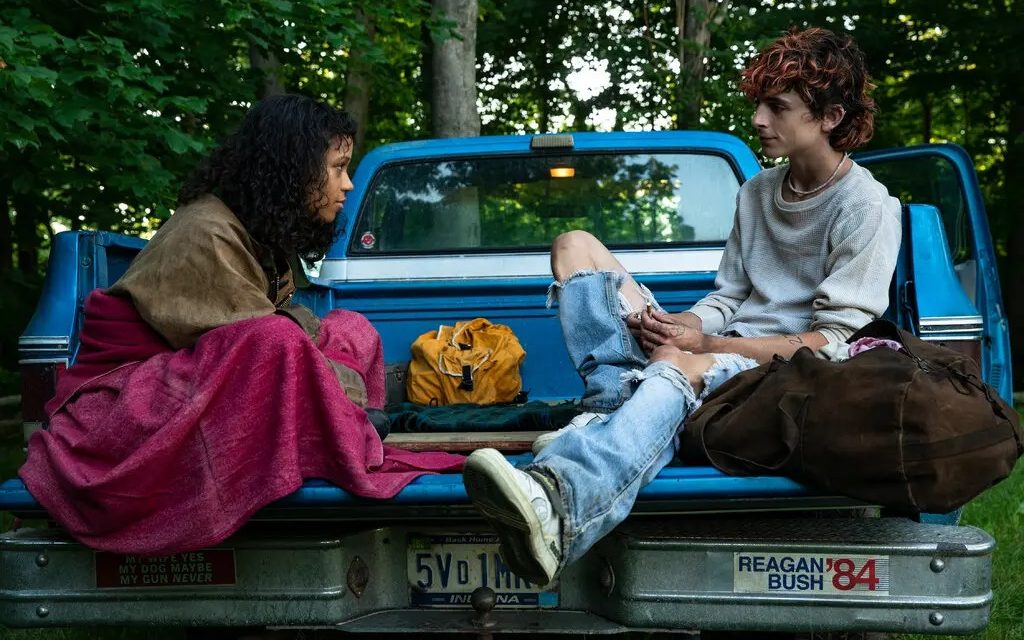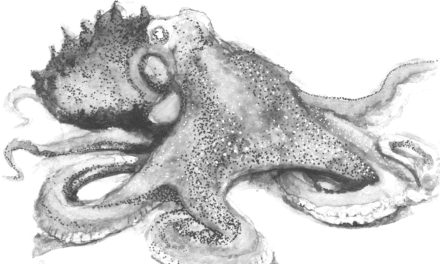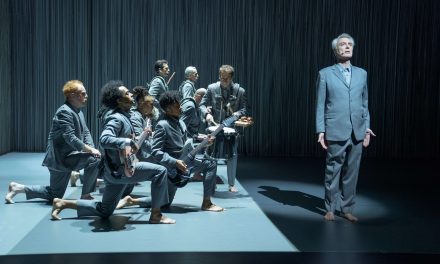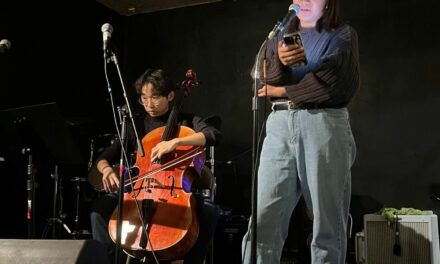This review contains spoilers.
Most people won’t remember cannibalism at their high school sleepovers. While chatting about crushes and showing each other freshly polished nails, there were hardly any moments when someone at the party would suddenly bite off their friend’s finger.
This not-so-common teenage scene thrusts the viewer into the beginning of director Luca Guadagnino’s newest film “Bones and All,” which was released on Nov. 23. Set in middle America in the ’80s, the film tracks Maren (Taylor Russell), a young woman learning how to navigate and understand her desire for human flesh while she develops a relationship with a fellow cannibal—or “eater,” as the film terms them–Lee (Timothée Chalamet). The pair travel around the midwest to visit Lee’s sister (Kendle Coffey) and Maren’s mother (Chloë Sevigny) and sort out who they are and how they became eaters.
“Bones and All” is a viscerally disgusting film, and not just for the obvious reasons. Of course, the concept of cannibalism is immediately gross, and the film’s depictions of flesh consumption are especially disturbing. Case in point, when Maren meets Sully (Mark Rylance), the first eater she encounters after leaving home, they eat an old woman together followed by scenes where they discuss eating people at the table with blood all over their faces and shirts. The nonchalance of either character so bluntly displaying what they have just done is horrific as it normalizes the blood and gore.
Beyond the gore, the other eaters Maren encounters inspire a similar uncanny feeling. The character Sully, for example, has the perfect blend of soft, quiet rage that verges on creepy because it’s unclear exactly what is off about him, but you get the feeling that at any moment he might snap. This character is one of the few times a movie has succeeded at replicating the silent horror of meeting someone in real life and feeling deeply and physically that this person is not right.
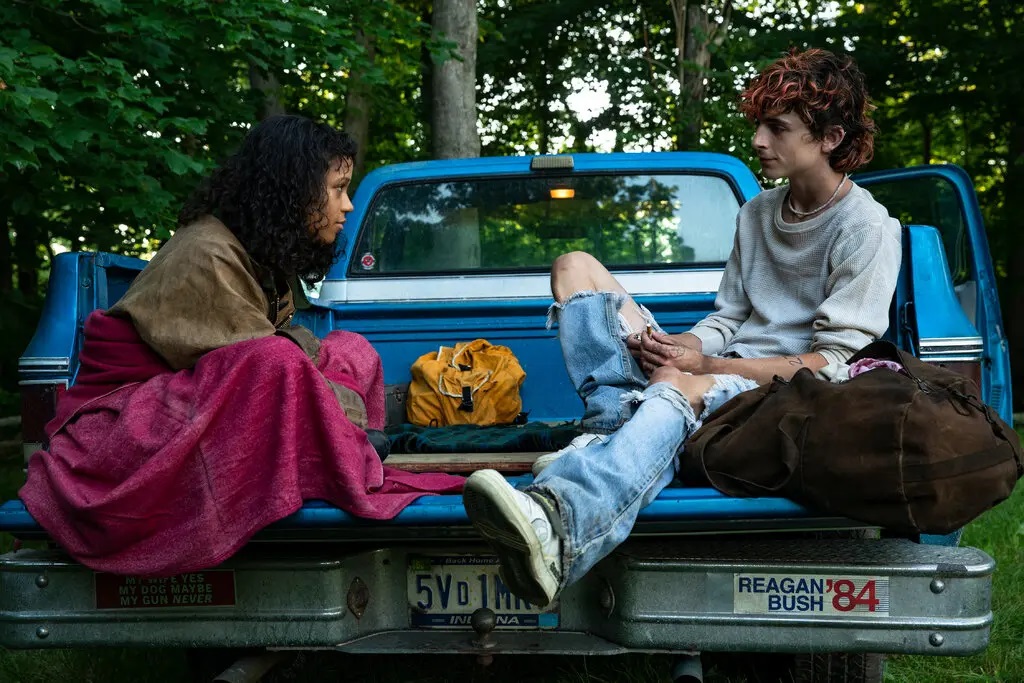
Courtesy of Yannis Drakoulidis and Metro-Goldwyn-Mayer Pictures
The two main characters marinate in this feeling of disgust Maren fights against her need for human flesh, as she wants to lead a relatively normal life and Lee thinks they should embrace who they are and try to be considerate with who they kill. Their relationship dynamic feels like a metaphor for addiction, as they feel they need to eat human meat to function and their addictions end up hurting people. There is also an element of inheritance to the cannibalism, both Lee and Maren have a parent that was an eater, which suggests questions of intergenerational trauma.
Though the film asks these questions and attempts to tackle a larger issue by gesturing toward this addiction metaphor, it felt as though the film couldn’t make up its mind. In one scene, Maren and Lee sit around the fire with another eater and his friend (Michael Stuhlbarg, David Gordon Green) and they mention how, once you eat a whole person, “bones and all,” you can never go back. Jump forward to the end of the film and Lee and Maren get into a knife fight with Sully, which results in Lee getting stabbed. Lee realizes he’s dying and tells Maren to eat him, bones and all, which she does. The film has already established that Maren doesn’t want to be a cannibal: she doesn’t like killing people and, up until this point, Lee and Maren have been living a normal life without eating people. It is a strange turn to then have Maren eat Lee at his behest.
This moment felt less like a satisfying conclusion to Maren’s character arch than an attempt at a grand romantic gesture that fell flat. Up until this point the film has focused on these two characters as they fight to maintain their humanity in a situation where it would be easy to lose it. There is love even in their bleak world. And, for the vast majority of the film, this spirit between them is what counteracts and plays against the rest of the film’s disgusting horror. But, this ending works to completely upset this message. Suddenly, Maren is going into territory she can’t come back from; now, she is an eater through and through.
This ending didn’t strike a harmonious chord with the rest of the film. If we can look past this though, the film is a thoughtful, beautiful and disgusting look at two people who preserve love and connection in a situation that challenges a person’s capacity for humanity.
Bridget Mackie (she/her) (25C) is from Cary, North Carolina and majoring in English. Outside of the Wheel, Bridget likes to make art, knit sweaters and collect plants.

